Maybe we can attribute their spiking popularity to HBO’s hit series “The Last Of Us”. If you think about it, the real star of the show wasn’t “zaddy” Pedro Pascal or the spunky Bella Ramsey. It was the zombie fungus that swept the globe.
Clearly, mushrooms are everywhere right now.
It’s quite common to scroll through your daily social media feed and stumble on words like “fungi” or “mycelium”.
They’re sprouting up in business, inspiring sustainable solutions of all kinds.
In this post, we look at some of the standout startups shaking up their respective industries.
Why do mushrooms even matter?
The most obvious answer would be their nutritional benefits. And then what they do for the natural environment.
So let’s go deeper than that.
Globally, there’s a surge of interest in the mushroom realm, leading to a diverse array of innovations. Everyone is getting in on the action, crafting everything from textiles to foams and leather. And let’s not forget the food and beverage industries, where mycelium-based alternatives are gaining huge amounts of traction.
Dealroom.co says today’s fungi ventures align with as much as 10 of the 17 UN SDGs, speaking volumes about their versatility as a resource. It’s even predicted that the functional mushroom sector will experience the fastest growth in 2031.
At the heart of this mania is mycelium, essentially the underground “roots” of mushrooms. Fungi use mycelium to break down their surroundings, absorbing vital nutrients along the way. It’s this trait that allows mycelium to be transformed into a plethora of products.
Libre Foods
- What they make: fungi-based meat
- Based in: Barcelona, Spain
We looked at home for the first name on this list. And to no surprise. Barcelona is considered one of the best ecosystems for entrepreneurs and blooming businesses.
Libre Foods is a biotech startup founded in 2020 by Alan Iván Ramos. More straight to the point, they’re a company reinventing how we produce meat, featuring fungi as the main ingredient. It’s no longer just about alternatives like tofu or soy.
They made some serious waves in early 2022 when they released their first innovation: bacon from fungi. The first of its kind in Europe. A year later, Libre Bacon was commercially launched in the spring of 2023. According to Vegconomist, it’s already made its way into restaurants and onto the shelves of Carrefour Spain. A few months later, a second product was announced: whole-muscle chicken breast made of mycelium. This one’s still in the works though, as Libre Foods takes on the challenge of making it affordable for everyday folk.
“From the beginning, we’ve been fascinated with fungi’s one-of-a-kind potential to reinvent our food system and, more importantly, committed to unlocking that potential,” says the Libre Foods CEO and Founder.
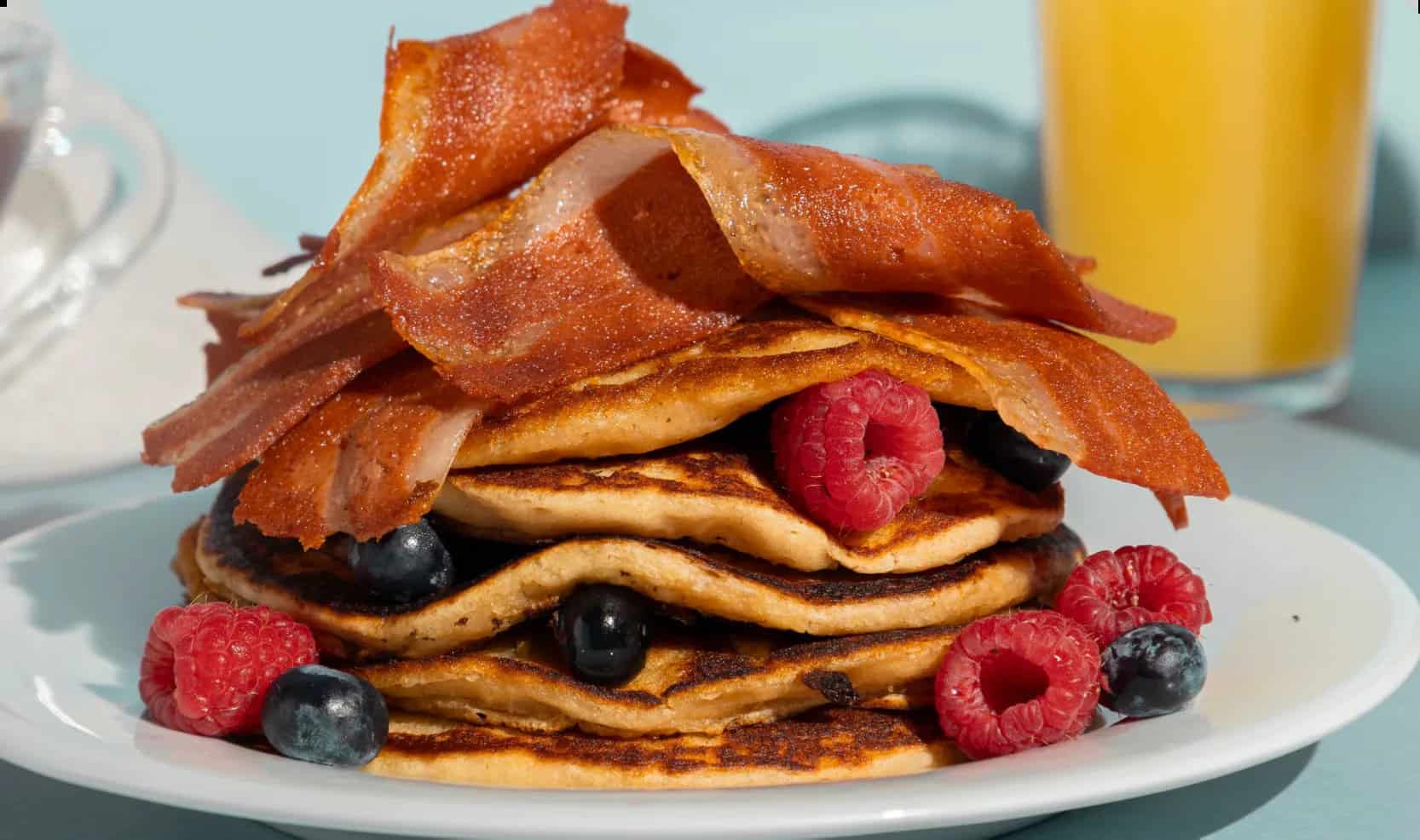
MycoWorks
- What they make: mycelium leather
- Based in: California, USA
Sustainable fashion took a slight tumble when Bolt Threads, the startup producing their mushroom-based leather Mylo, said they were out of funds and had to stop manufacturing. It was supported by Stella McCartney after all. Take that and the recent Renewcell bankruptcy, and the criticism surrounding the industry’s hypocrisy is understandable.
The good news is that the alternative materials game isn’t completely over. There are still those like MycoWorks, a biomaterials startup specializing in premium mycelium-based leather, that even opened its first commercial factory last September.
With the leather goods market expected to reach almost USD 740 billion by 2030, there’s no shortage of customers. It’s just a matter of meeting demand without further hurting Mother Earth.
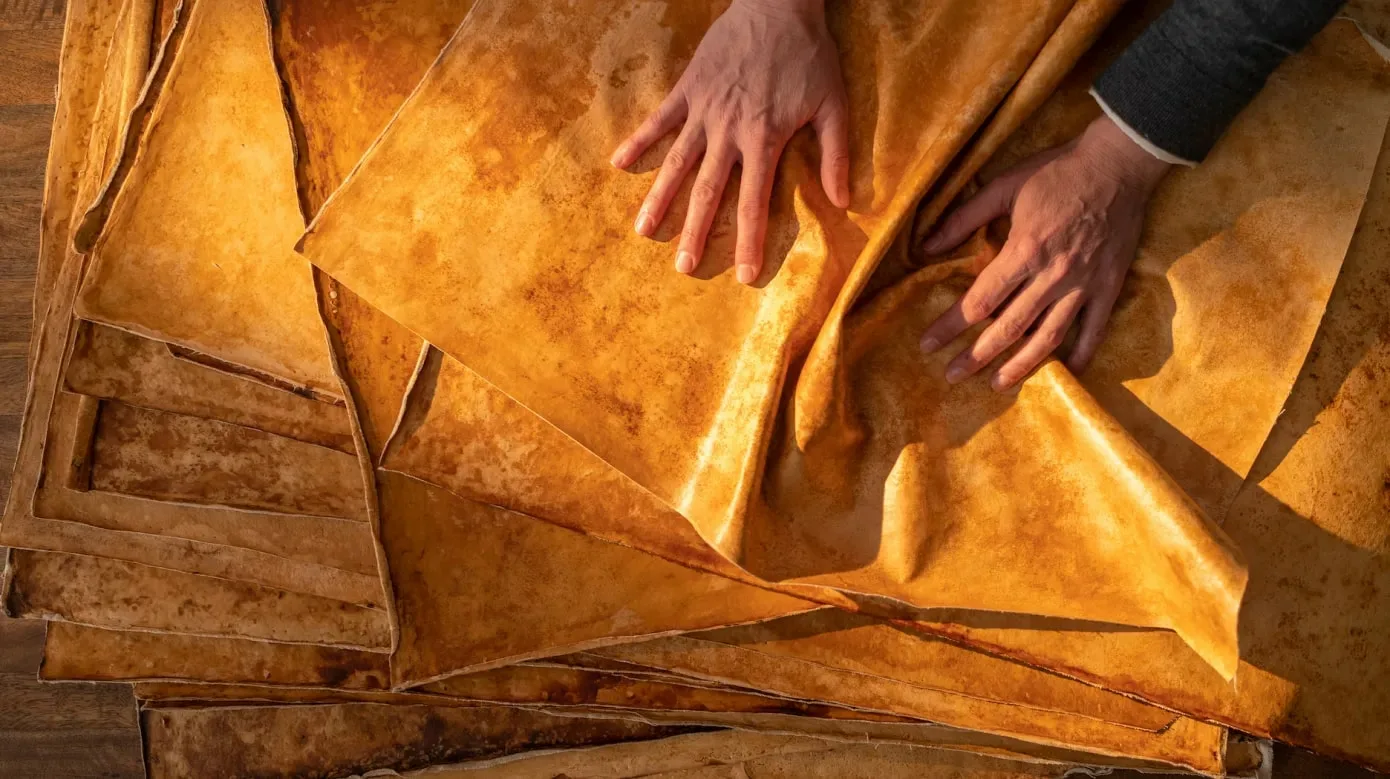
MycoWorks’ proprietary technology is referred to as Fine Mycelium. From that, they produce their patented leather, Reishi. Curious about its quality? Just ask their partners, including luxury house Hermès and car manufacturer General Motors. With institutions like these on their side, we sure hope MycoWorks is here to stay.
Ecovative
- What they make: mycelium-based raw materials
- Based in: New York, USA
You might be surprised to hear that Ecovative started back in 2007, a long time before sustainability was expected – if not desired – by all. They made a name for themselves after signing deals with Dell and IKEA.
Polystyrene foam, aka styrofoam, has a nasty habit of sticking around for centuries, refusing to break down in the soil. It can find its way into lakes, streams, and the vast expanse of the ocean, hurting marine biodiversity.
Ecovative shook things up with their biodegradable packaging made from mushroom roots and leftover farm waste. It’s a sustainable solution that Dell turned to, replacing the traditional styrofoam used to ship computer screens and other electronics.
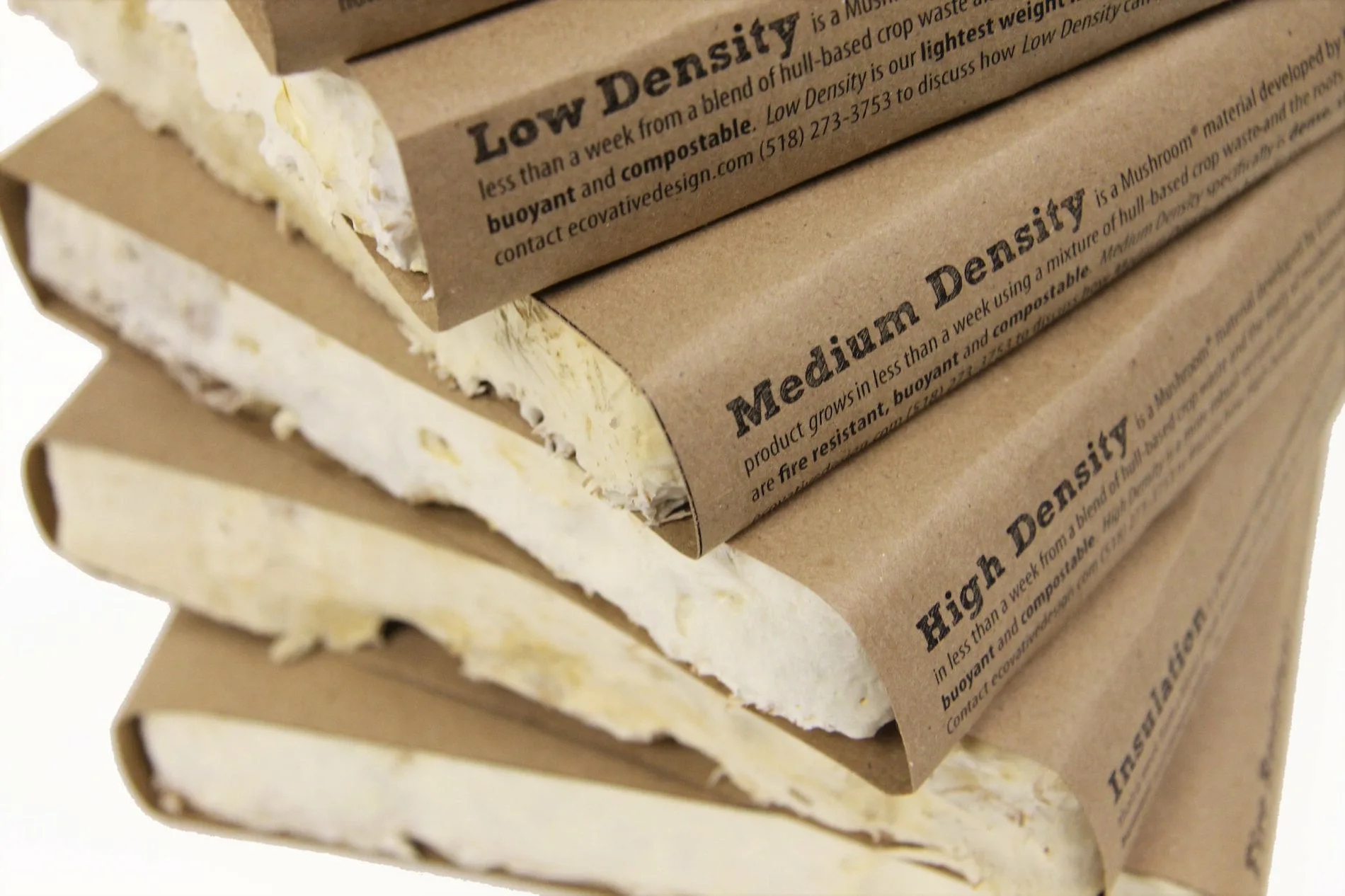
Since then, the company has widened its material applications beyond product packaging alone. In 2018, they ventured into lab-grown meats. And now they also work with the fashion industry.
Not exactly a young startup, but not a fully-fledged corporation either. Ecovative is just scratching the surface when it comes to the full potential of fungi.
MUD/WTR
- What they make: mushroom-derived coffee
- Based in: California, USA
It’s written MUD/WTR, and pronounced mud water because that’s exactly what it looks like. How apt.
For any caffeine addict still in search of an alternative, pay attention. This beverage gives you a similar boost in energy and focus as a cup of coffee. But, sans the potential side effects of nervousness, poor sleep, or an unusually fast heartbeat.
Unlike many fungi-based startups going down the plant-based protein road, founder Shane Heath took a different route. After creating his own concoction to replace coffee cravings, he realized a bigger opportunity to shift not just coffee culture, but high-strung workplace culture.
His drink became the basis for MUD/WTR: a certified-organic coffee alternative, highlighting mushrooms, specifically lion’s mane, as the key ingredient. You’ve also got cacao, herbs, and other spices thrown into the mix.
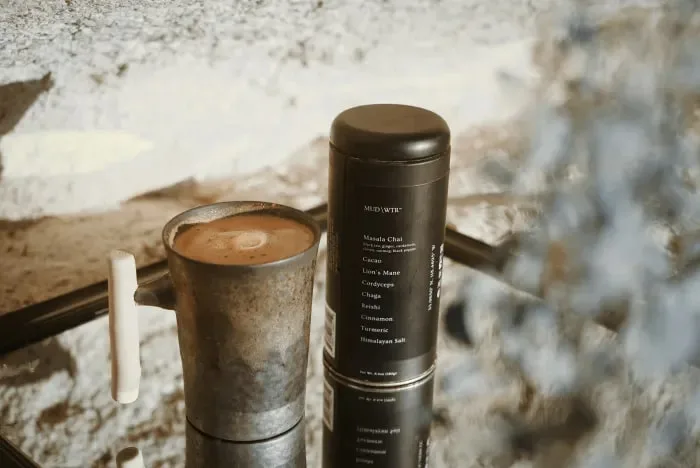
A morning (or afternoon) pick-me-up without the jitters you say? Maybe it’s worth a shot.
Just don’t let the 40,000 or so 5-star reviews influence you.
Mycocycle
- What they do: mushroom-based recycling
- Based in: Illinois, USA
Construction and demolition waste has long been a sustainability dilemma. As some countries’ landfills reach their max capacities, the urgency to find alternatives to burning or shipping waste overseas is pressing.
Surprisingly, a potential solution is growing right underground – in the form of mushrooms ready to gobble up construction waste.
Enter Mycocycle, a startup harnessing the power of nature-inspired biotechnology. CEO Joanne Rodriguez explains that mycelium’s properties allow it to break down and detoxify many construction waste materials, which often possess petroleum-based chemicals. Mycocycle uses mycelium to transform waste into new low-value carbon raw materials that can be used again.
Not only does the approach reduce waste, but it also nudges the construction industry towards circularity.
Biomimicry at its finest.
Mogu
- What they make: interior design products
- Based in: Inarzo, Italy
100% plastic-free and founded on the belief that nature’s intelligence can radically disrupt the design of everyday products.
Over time, Mogu tested mycelium in a range of different sectors. The result is flooring, wall panels, and acoustic panels in all kinds of aesthetic textures and colors, inspired by nature. The sound-absorbing acoustic panels are made of upcycled textile residues in combination with mycelium. Mogu’s floor products are sculpted together using low-value residues made from corn crops, rice straw, spent coffee grounds, discarded seaweed, and clam shells.
Their work truly shows us how nature and technology can unite to create beautiful, functional, high-quality, and eco-friendly materials.
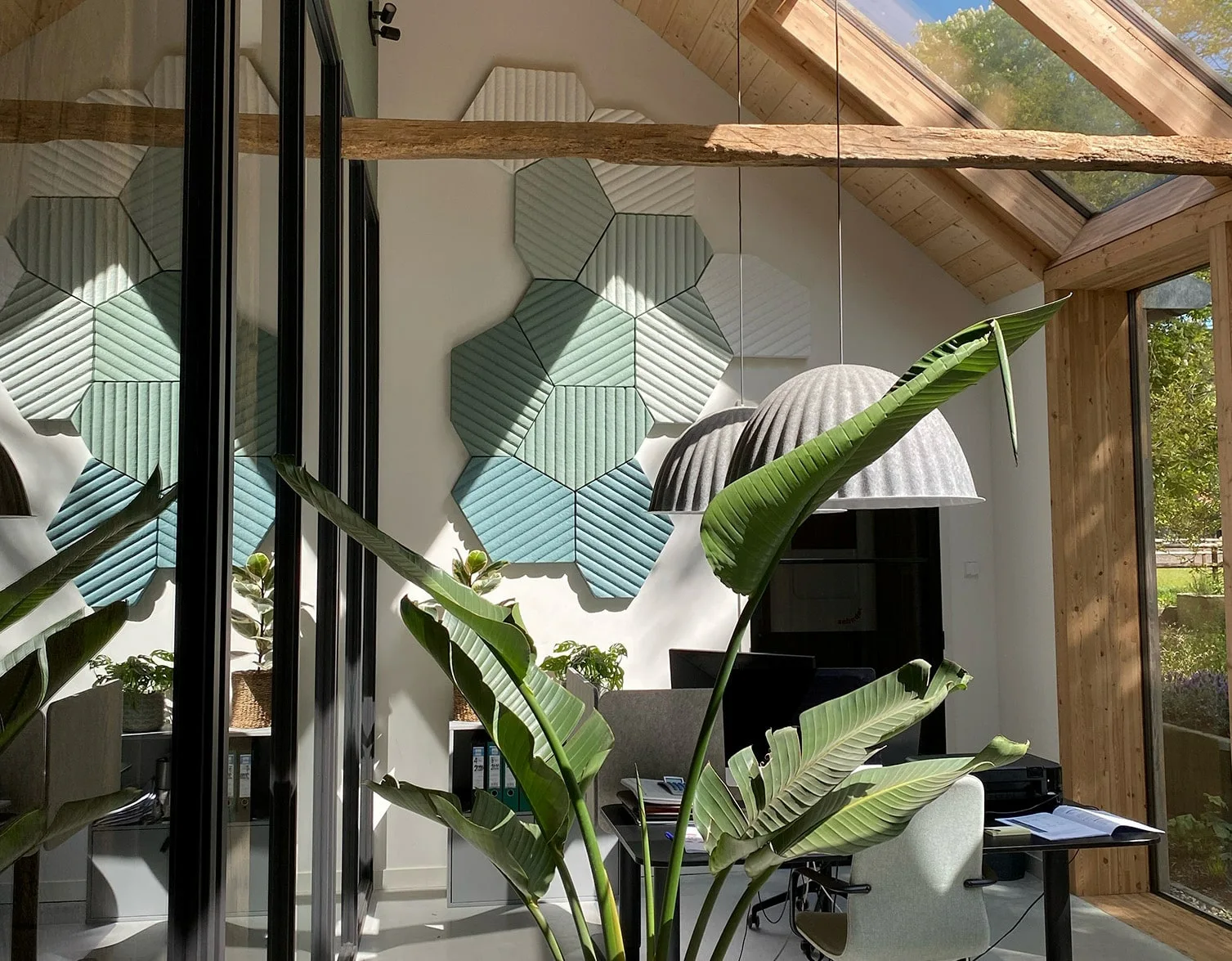
Loam Bio
- Enables: carbon removal
- Based in: Orange, Australia
Regenerative agriculture and the power of mushrooms… together. That’s the kind of future we’re looking at.
Regenerative agriculture involves many things, and one of them is healthy soil. Loam Bio creates extra-healthy soils by enabling plants to transfer CO2 from the air into stable soil carbon by using a carbon capture technology that’s powered by fungi. The Australian biotech startup developed a microbial seed coating which “supercharges a plant’s natural ability to store carbon in soil”.
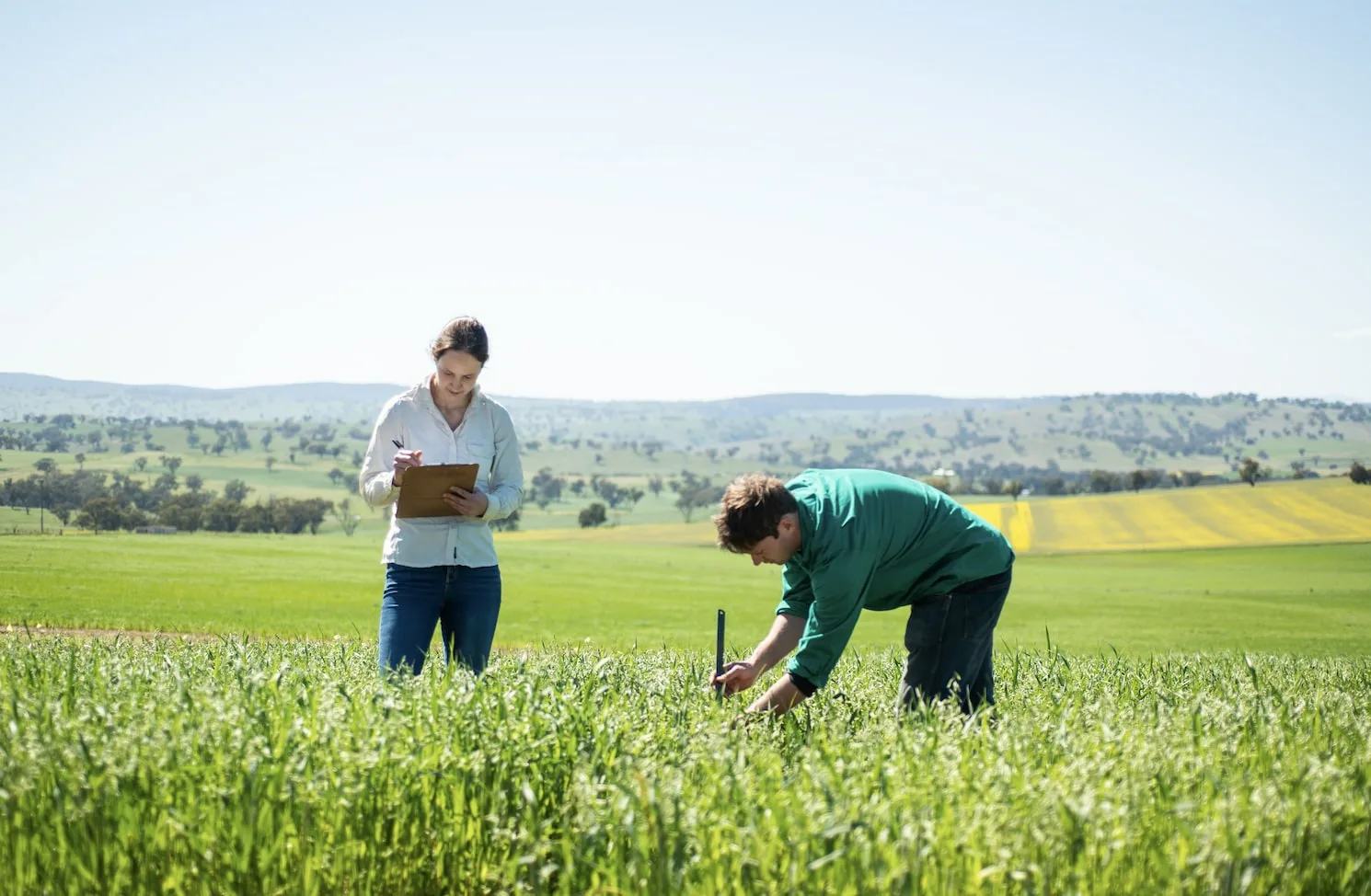
There’s too much carbon in the atmosphere, and not enough in in our agricultural soils. Loam solved this and is working to enable this change at a global scale.
Bolder Foods
- Makes: non-dairy cheese
- Based in: Brussels, Belgium
Vegan cheese is hard. Literally, as it lacks the classic meltiness that we’re accustomed to having with dairy cheese.
Bolder Foods has stridden in to create a unique mycelium additive that promises creamier, strechier vegan cheese. How? Through biomass fermentation of fungi with vegetable substrates. Their MycoVeg solution uses mycelium to create the structure of the cheese, replacing the starch that non-dairy cheese typically uses.
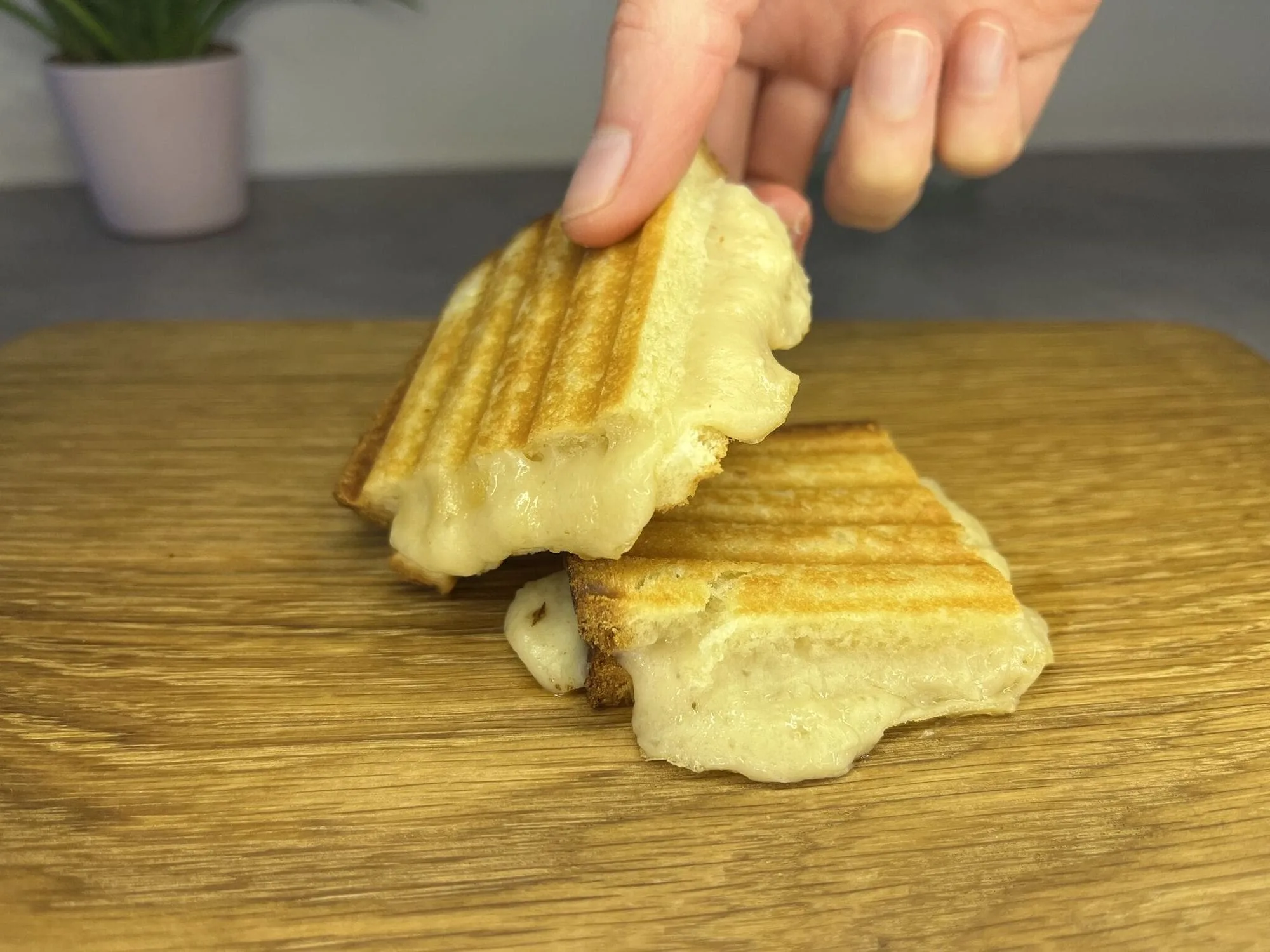
Bolder Food’s motto is “Give A Shit and Get Shit Done”. And that’s exactly the kind of attitude that our planet needs.
And… surfboards
This last one’s not exactly a startup. But this particular innovation is a testament to the virtues of fungi.
Perhaps you remember our chat with Steve Davies, a sustainable product designer exploring mycelium in surfboard design. A surfer himself, he – like many others – has been influenced by shrooms’ superpowers.
But we don’t want to spoil it for you. We’d rather you read the full interview here.
Conclusion
Honestly, we could go on and on about mushrooms. Much of the Akepa team loves to forage for them.
And while the lack of rainfall in Catalunya has gotten in the way of our foraging plans lately, thankfully there’s no drought where startups are concerned.
If you’d like to share in our fungi fascination, follow us on Instagram where we post the occasional shroom along with other wildlife.
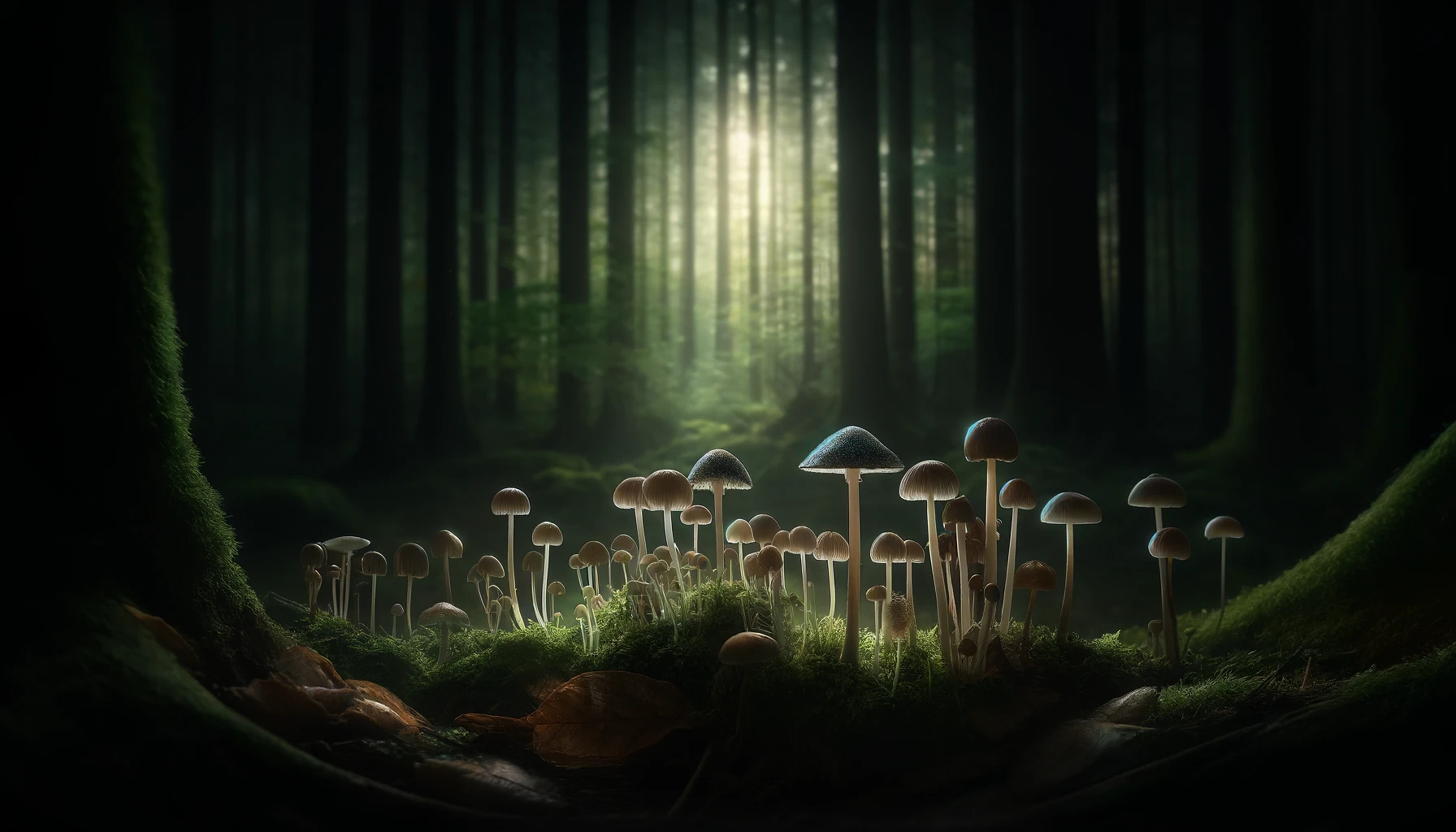

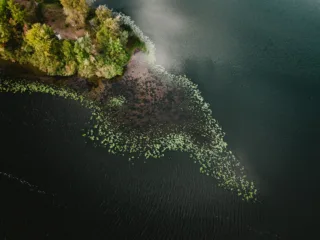
Leave a Reply